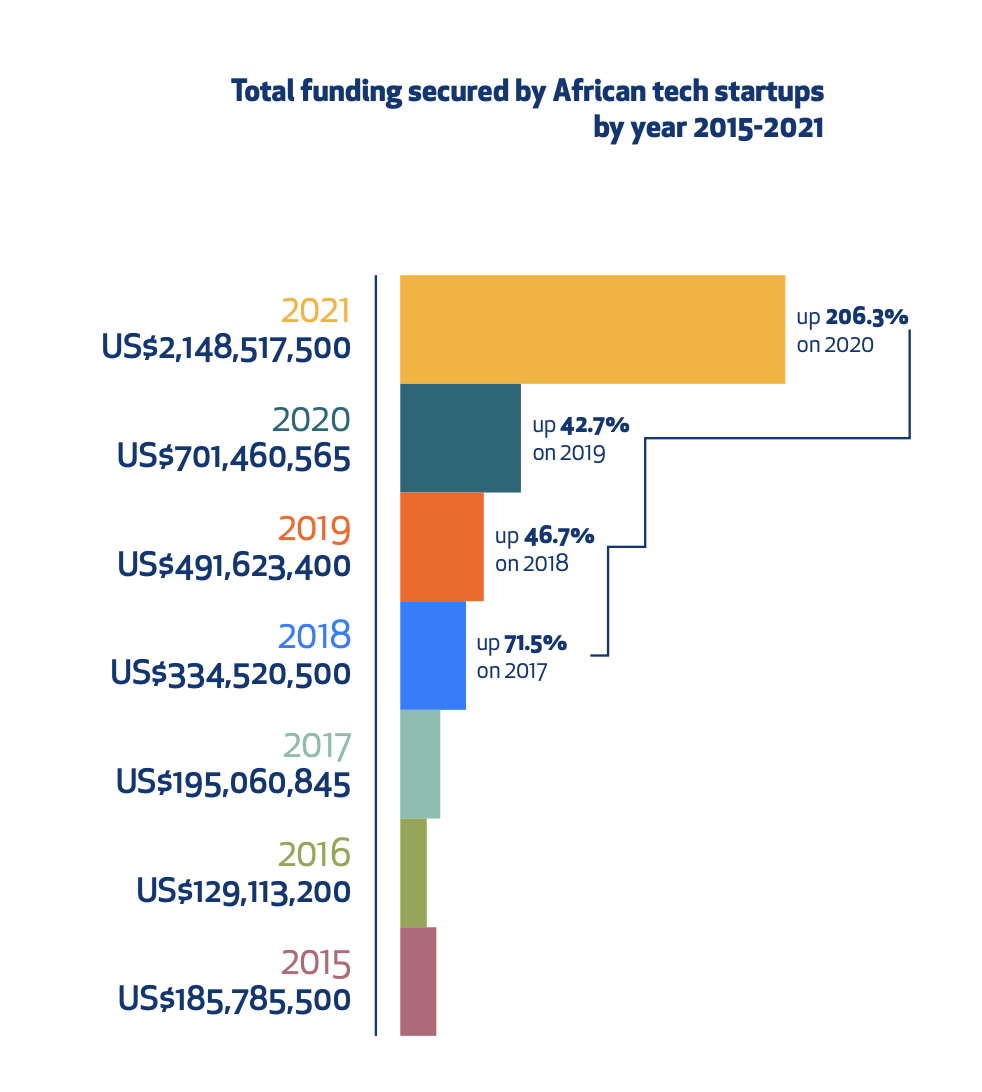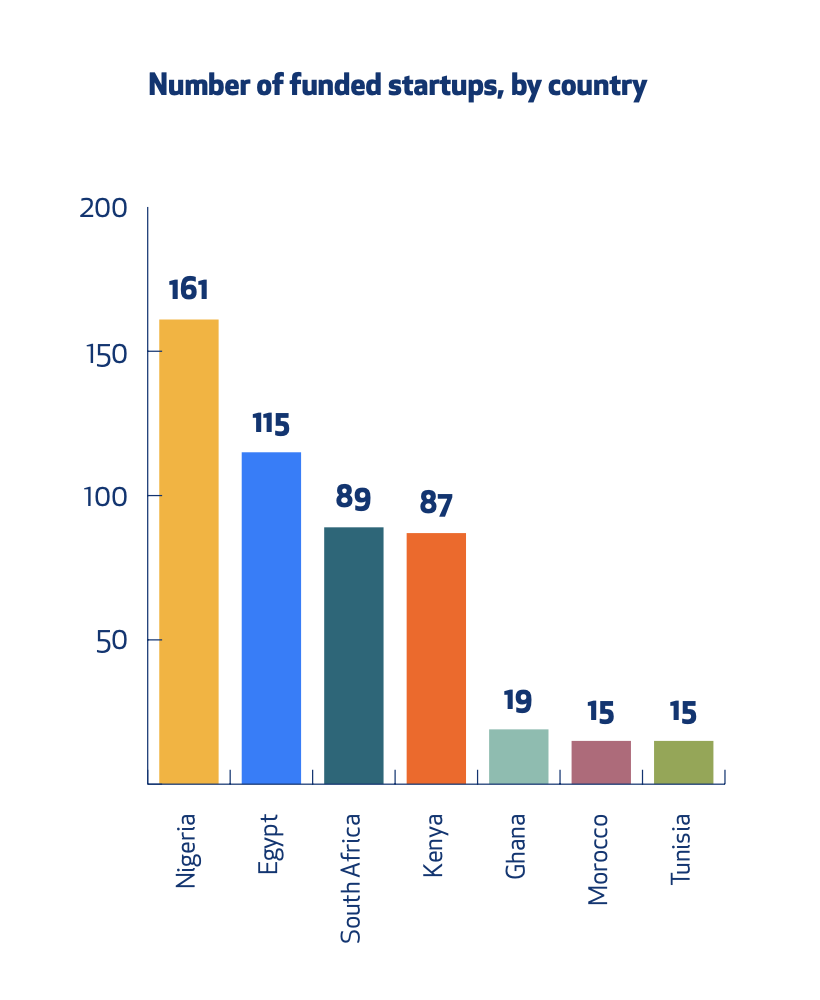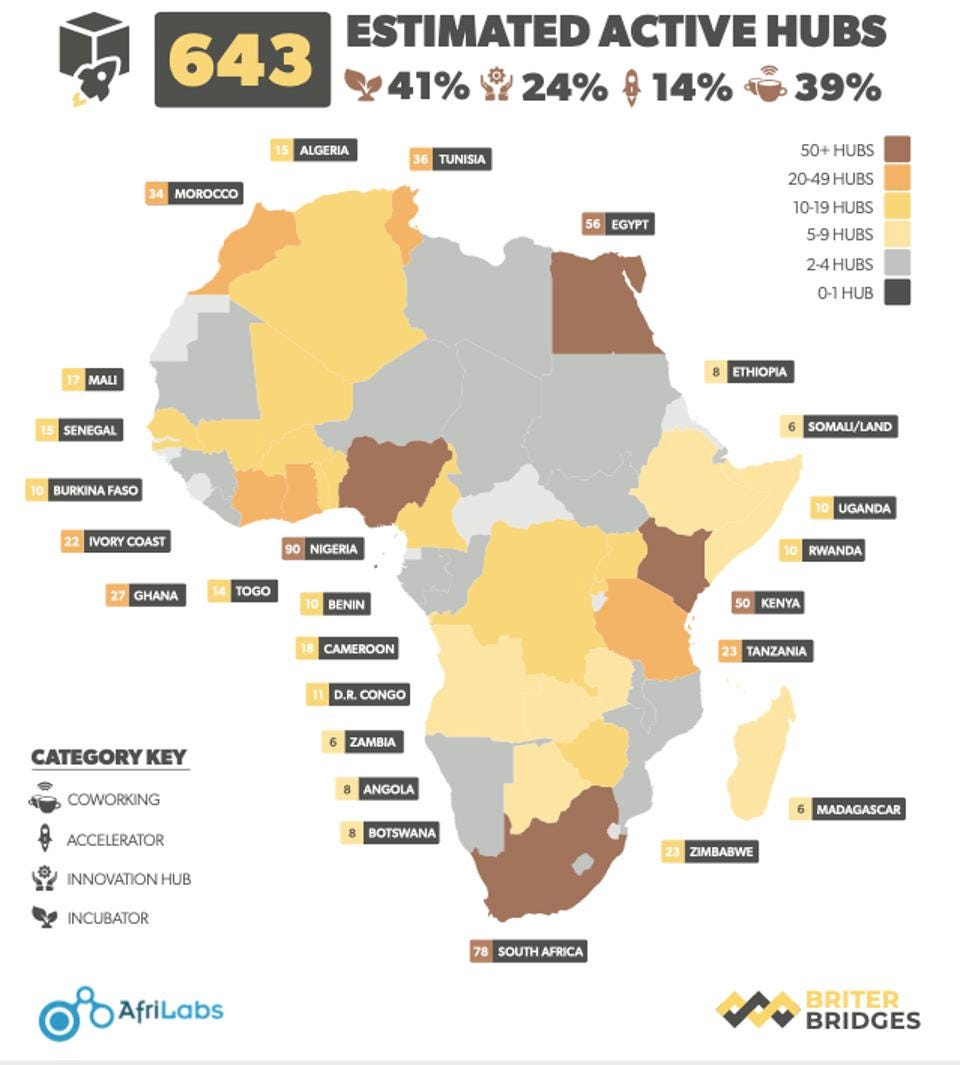It is without a doubt that Africa is transitioning to the global economy from the mainstream and as such, technology is increasingly significant in driving this growth. Some countries in the African continent have attracted key businesses from Europe and the US: Netflix, Facebook, Uber, and more. As a country, we need to ride this wave, we need to align ourselves with these significant changes and opportunities.
In this post, I'll segment three key factors we must pay attention to as entrepreneurs, tech-preneurs, disrupters, policymakers, globe trotters, and investors.
Funding
There are numerous funding options in tech, such as impact funding through NGO’s and the government, Venture Capital (VC), etc. When it comes to VC funding, a general rule of thumb, VC's seek the growth of startups they invest in. A widespread belief among many entrepreneurs and founders, is that capital/funding is generally a precursor to success, but here's a thought, if you can't creatively turn E100 into E10 000, would you really turn E100 000 into E1 million? While this may or may not be accurate, understanding the African tech ecosystem with regard to funding will enable local disrupters to tap into the endless opportunities that exist. To bring it into perspective, there’s been a significant increase in the number of funded tech startups in Africa, by up to 42.1%. While amazed at this, the amount of funding secured in tech is up by 1056.5 percent since 2015 as seen below.

Having shown you the amounts of funding opportunities, it’s safe to say that Eswatini can and should be a benefactor by, of course, building itself as one of Africa’s tech hubs. It all starts with making funding easily available for local entrepreneurs focusing in tech innovations.

IT Infrastructure
Internet connectivity is a major inhibitor to the growth of tech. Apart from connectivity, IT incubators and accelerator programs are significant in driving and disrupting the industry. These platforms/programs drive partnering and skill sharing between teams as they begin to network and ultimately, more venture investments, more products launched and the economy grows. We applaud the work of the IT Business Incubator at the Royal Swaziland Technology Park. In total, Africa has a recorded average of 643 tech incubators (as of 2019) which all play a key role in driving tech disruption. Some of the roles these incubators can and should play include:
- In-kind, including training, advice, mentorship, and facilities;
- Cash funding, such as grants, non-equity assistance, and equity investments.
Paying close attention to countries like Nigeria, it becomes clear that there’s a strong correlation between the increase in their tech hubs and the number of funded tech startups.

Government Support
The support of the government is paramount to the growth of the industry in that key policies will be made to favor growth (and not inhibit it) as well as government-supported and sponsored programs which will all drive tech growth.
The digital economy driven by blockchain, artificial intelligence, eCommerce, and so on, is key in driving the economy in this century. I personally look forward to a time when as a country we have all these factors in place to drive us forward.
What are your thoughts on some of the challenges faced in the tech industry locally? Engage with me via email (thuba.mamba@codeswatini.org / codeswatini@gmail.com) or social media (@CodEswatini)
